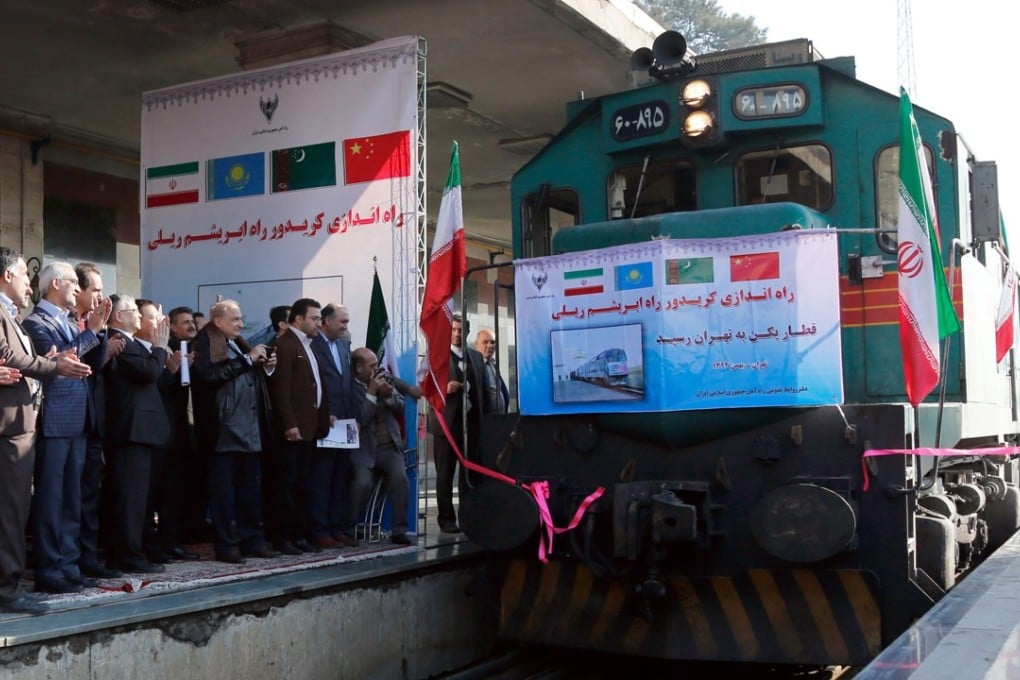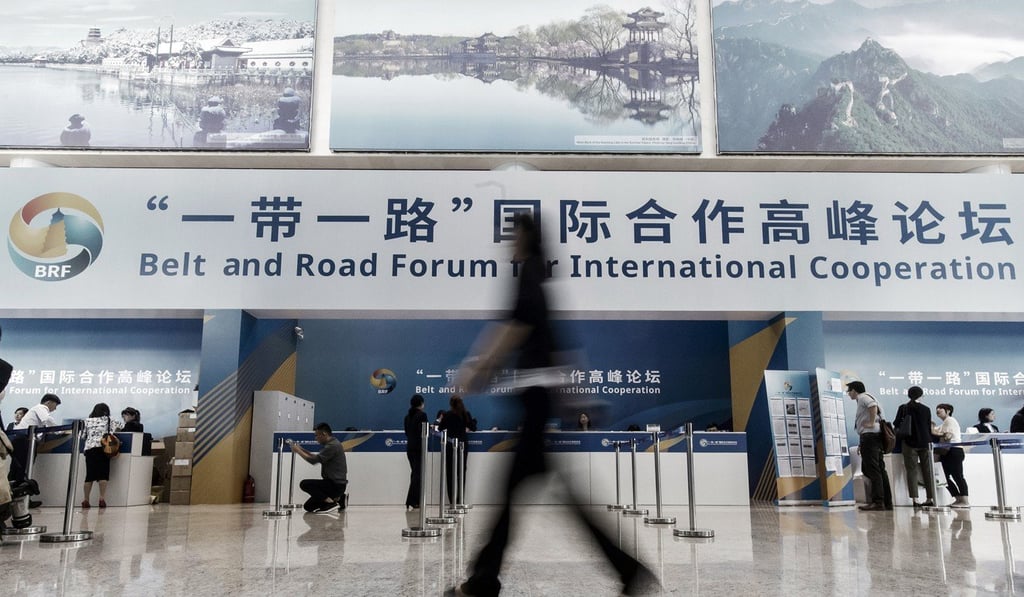Xi Jinping’s pet projects packed into Communist Party canon
The party’s constitution to cement president’s leadership with references to anti-graft campaign, among others

President Xi Jinping’s absolute authority over China’s 88 million-strong Communist Party was cemented on Tuesday with its decision to incorporate Xi in name and thought in the party’s constitution.
The inclusions – released at the end of the party’s five-yearly congress in Beijing – were a package of principles under the banner “Xi Jinping Thought on Socialism with Chinese Characteristics for a New Era”, and ranged from politics, to economics, the military and society.
But Xi also managed to get references to various other pet projects from his first five years into the party charter, including his sweeping anti-corruption campaign.
“The congress has agreed that pushing ahead with the anti-corruption battle will be written into the charter … in order to maintain the party’s vigour and vitality,” an official party document on the changes said.
Xi’s global vision to “create a community of shared future for humanity”, a concept he touted in a speech at the United Nation’s headquarters in Geneva in January, also scored a mention, as did his “Belt and Road Initiative”, a geopolitical and economic blueprint to boost trade and investment throughout Asia to Africa, Europe and beyond.

On the economic front, Xi’s call to “let the market play a decisive role and let government function better” was repeated in the charter, as was supply-side reform, an administrative push to retire excess industrial capacity and cut debt. Both references were widely seen as falling short of embracing a market economy.